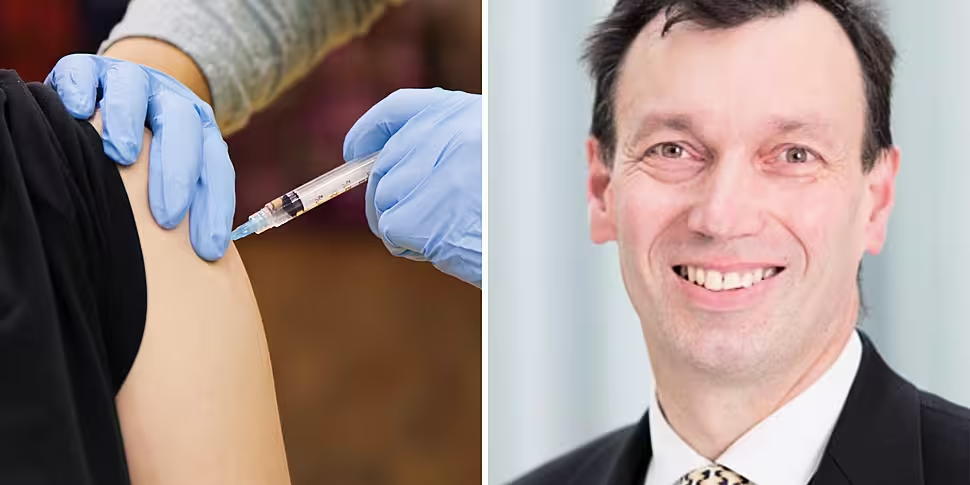Influenza is expected to come back this year "with a vengeance", Professor Sam McConkey has said.
This comes after two years of relatively low numbers of people contracting flu.
Speaking on Newstalk Breakfast, infectious disease specialist McConkey said: "I fear that we could be hit with very bad influenza some time between December and March."
"It hasn't really hit us here and there's a history in the past of when influenza doesn't hit us for a couple years, it comes back with a vengeance."
McConkey encouraged listeners to get the flu vaccine and to "stay away from people who are snottering and sick".
He also advised those who have symptoms to stay at home when possible, citing new legislation which grants workers up to five days of paid statutory sick leave.
Germany
In Germany, mask-wearing for long-distance travel will return for winter in anticipation of rising coronavirus case numbers.
Additionally, a negative coronavirus test will be required for those visiting hospitals, nursing homes and similar institutions with vulnerable people.
On whether Ireland should follow suit to avoid a spike in ill people, McConkey said: "I think some of what they're saying is right."
"If there is, what I would call, an immediate and definite threat to human life, then those sort of mandatory restrictions are really very important."
He thinks it's likely that any COVID-19 measures put in place in Ireland will be "targeted" and not widespread.
"I'm hoping that this winter will not be so bad and that it won't be an imminent threat to human life", he said.
Mandatory or advisory?
McConkey believes the question is whether restrictions should be mandatory or advisory.
"Sometimes when you make something mandatory, people react against that. We all don't like to be told what to do."
"Once that threat has changed or gone, then it's hard to justify mandatory [restrictions] outside of very specific circumstances."
"Evidence-based response"
McConkey is calling on the Department of Health to conduct a "rapid review of the evidence" and figure out how the public can live with COVID-19.
On mask-wearing, he said again that it should be situational.
"When the public transport is crowded and poorly ventilated, I'll be wearing my mask for certain."
"Airplanes are maybe a bit better because the quality of air filtering is engineered and structured, while there's less engineering thought about air movement in a bus or in a train."
"I would like to see a public health evidence-based response", he said.









